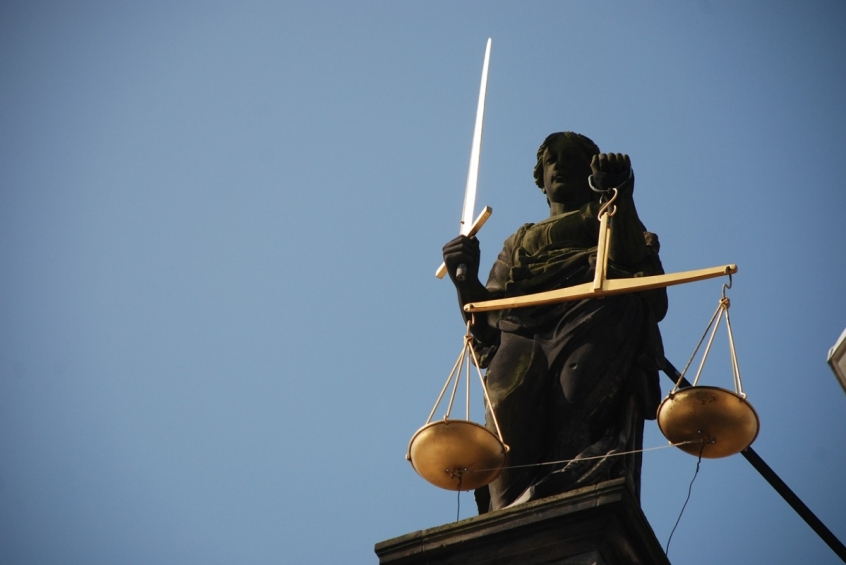
An EU judge has issued an opinion for the Court of Justice of the European Union (CJEU) saying that a Belgian security company is within its rights to forbid a Muslim woman from wearing a hijab at work.
Advocate General Juliane Kokott says G4S Secure Solutions NV did not directly discrimate against Samira Achbita because it has a general company rule prohibiting the display of visible political, philosophical and religious symbols in the workplace. She says that while it may have discriminated indirectly, such discriminations may be justified "to enforce a legitimate policy of religious and ideological neutrality pursued by the employer".
However, there is still the legal test of "proportionality" – is this indirect discrimination proportionate to the end the company wants to achieve? It's all very difficult, says Kokott, suggesting that national courts should be given a "measure of discretion".
An opinion by an attorney general is not binding on the CJEU, as the Law and Religion blog points out, but it tends to indicate how the court will go. In this case, anyone concerned with religious liberty ought to hope and pray that at the very least her words about letting national courts decide will be heard.
The details might vary, but this is a question that keeps coming back. Should Nadia Eweida and Shirley Chaplin have been allowed to wear crosses at work? Should French Muslim children be told "it's pork or nothing" at school dinnertimes? Just what, exactly, should be regarded as "proportionate" in making reasonable allowances for people to manifest their religious allegiance at work?

Kokott is a senior legal figure, and one shouldn't lightly criticise in such cases. However, what she says raises questions about whether she has really grasped a fundamental point. Because though she speaks of G4S enforcing a policy of religious and ideological neutrality, the policy is arguably not neutral at all. It takes as a benchmark an absolutist, values-free, secularist position. It does discriminate disproportionately against people of faith, because it fails to take into account the extent to which their sense of identity can be – and no, it isn't invariably – bound up with certain external symbols.
Britain has traditionally been more relaxed about what people wear at work, which is what made the Eweida case so irritating. But this is an example of how the law can be used to force a grey conformity on to a society in the name of a specious 'neutrality'. The assumption by G4S, backed up by Kokott's opion, is that by preventing religion – and any other kind of political or ideological statement – from being manifested in the workplace, some sort of secular nirvana can be achieved. In fact it represents a very modern fear of difference and a sad reluctance to celebrate diversity – and the fact that it is a Muslim who is the target of this attack will do absolutely nothing for broader community cohesion.

















